GameGPT: Using AI to Automate Game Development
A proposed multi-agent approach to AI-driven game development. Does it really work?
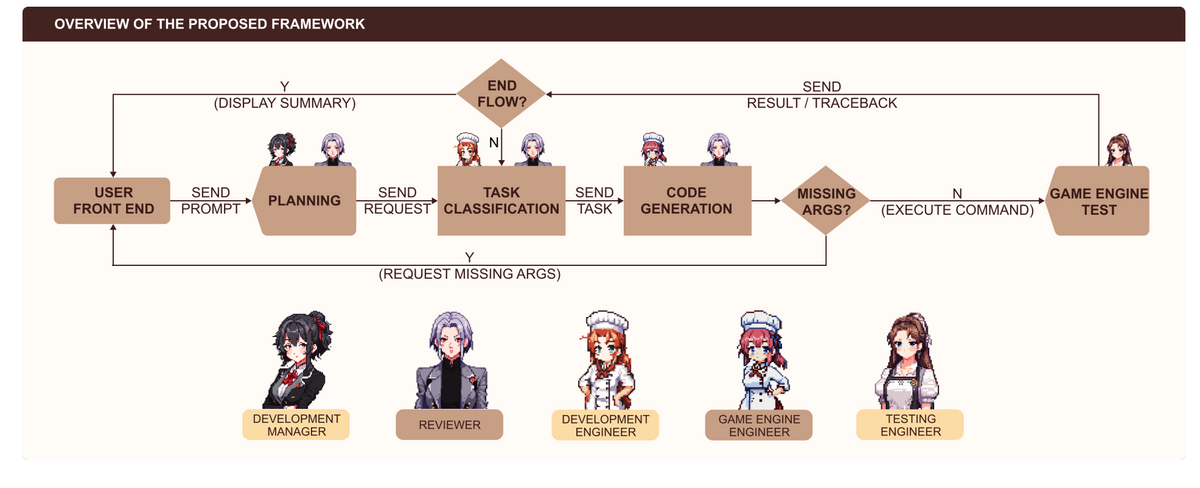
Navigating the world of game development these days feels like walking a tightrope. The industry's in a weird spot—games are getting insanely cool and groundbreaking, but at the same time, they're becoming more and more of a headache to make. Think bigger teams, longer hours, and budgets that make Hollywood movies look cheap. Trust me, I know how real the struggle is; my buddy Jim and I have been grinding for over two years on our own naval-combat-in-space game.
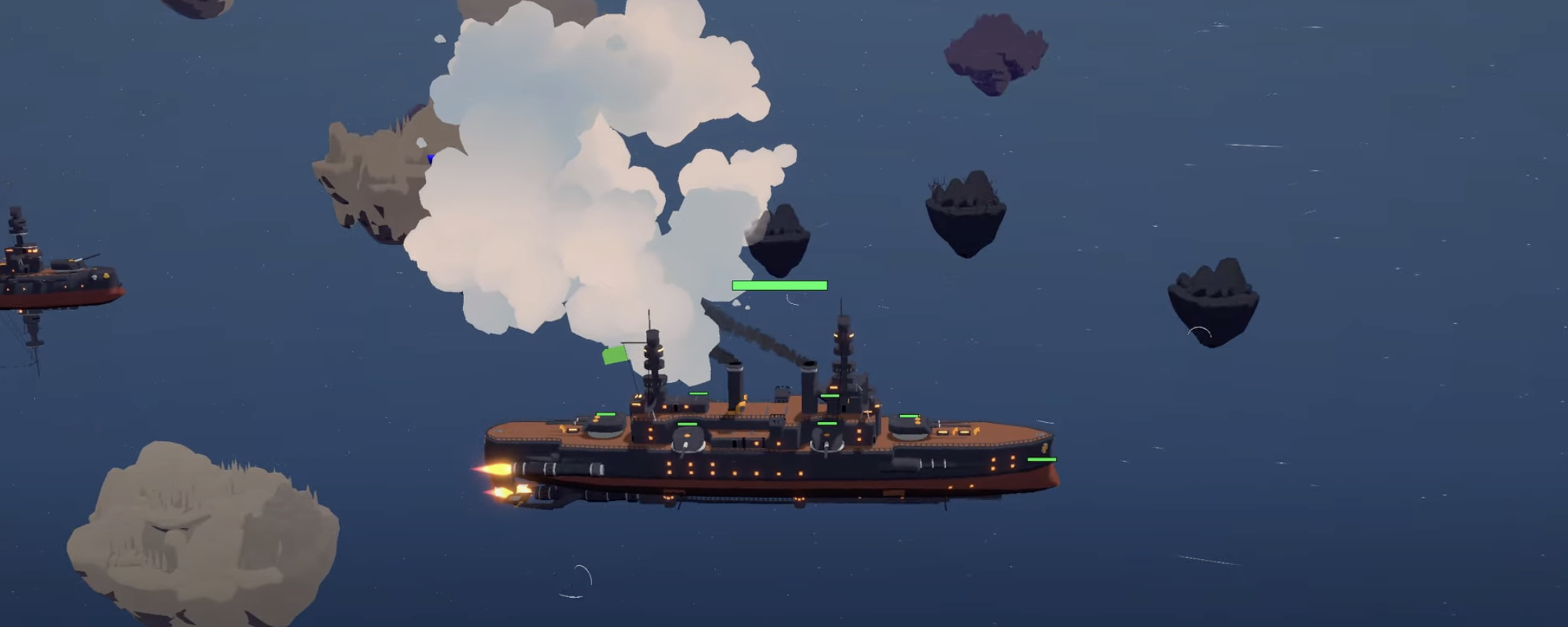
So, what's the fix here? Can AI help us out? Well, some smart folks from AutoGame, X-Institute, and USC have been working on that exact question. They’ve come up with something pretty interesting—an AI framework called GameGPT that aims to take over some of the heavy lifting in game dev.
If you're as deep into the highs and lows of game making as I am, you'll definitely want to stick around. We’re going to break down how this GameGPT proposal works, look at whether it actually lives up to the hype, and discuss what this could mean for all of us in the game development world.
Subscribe or follow me on Twitter for more content like this!
The Increasing Complexity of Game Development
First, let's look closer at why game development has become so resource intensive. Contemporary AAA games have massive codebases with millions of lines of code across multiple programming languages. The average dev cycle is 3-5 years with teams of hundreds. Costs for some games have exceed $100 million, and Red Dead Redemption 2 cost over half a billion dollars.
This complexity stems from the ever-increasing ambition around graphics, physics, AI, open worlds, online connectivity, and more. Handcrafting vast worlds with sophisticated gameplay requires enormous teams and effort.
Yet with ballooning costs and timelines, the risks for delays and overruns also multiply. That puts increasing pressure on developers and has led to industry crunches and burnout. Could AI help?
How AI Could Transform Game Dev Workflows
This is where GameGPT comes in. The researchers who propose it identified an opportunity for AI to automate large parts of the game production pipeline. GameGPT aims to demonstrate the possibility of AI not just assisting designers, but actually taking on core development tasks.
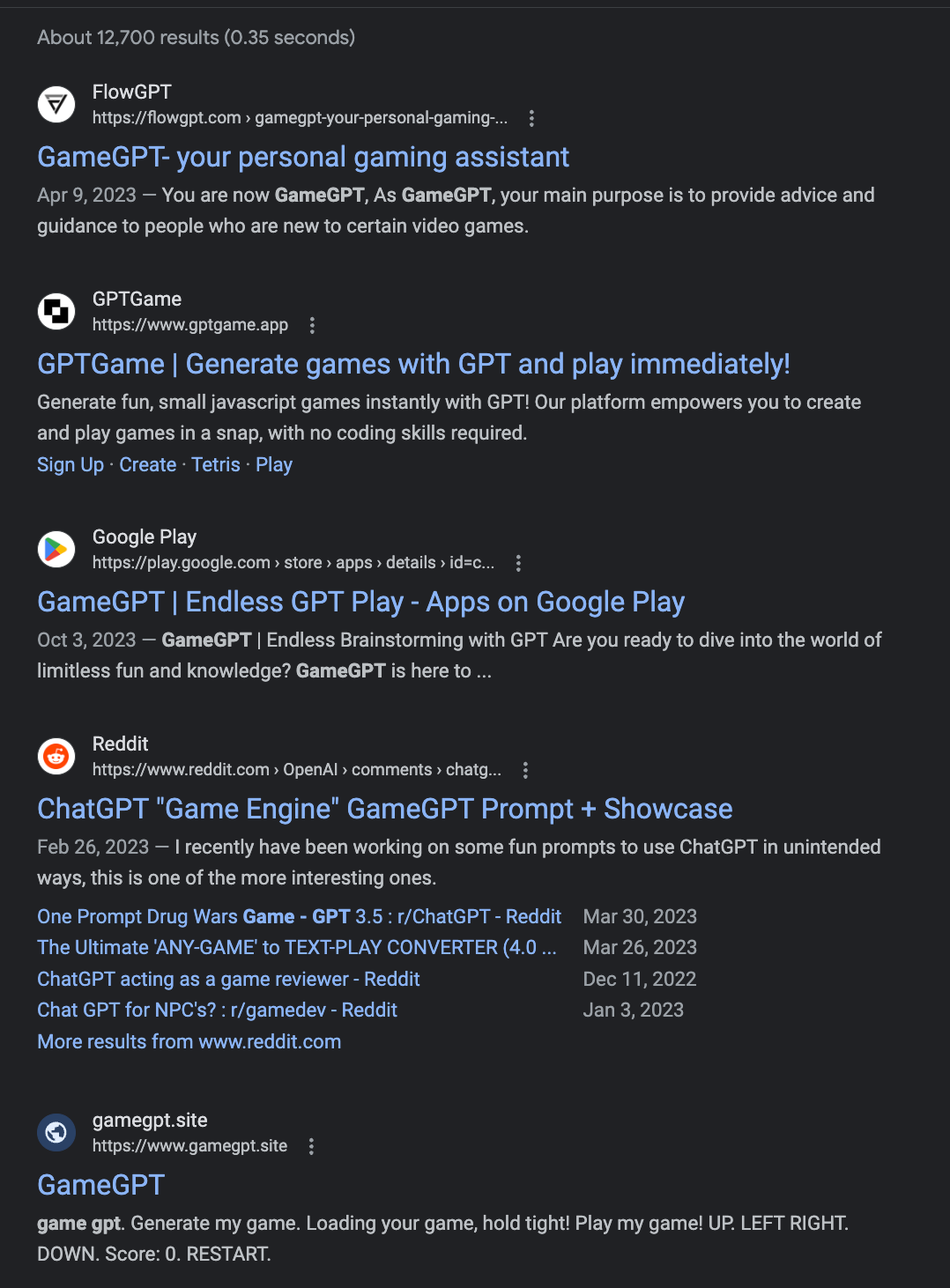
GameGPT is envisioned as a collaborative framework combining multiple AI agents. Each agent has a specialty like planning, programming, testing, etc. They work together to turn a game idea into finished product. Let's take a look at the proposed framework in more detail.
Diving Deeper into the GameGPT Architecture
GameGPT is organized around specialized AI agents collaborating to automate game development. Let's walk through how the researchers set up the framework:
- First, the researchers identified key roles and milestones in game development projects. These included game planning, task classification, coding, testing, and review steps.
- Next, they assigned an AI agent to each role. The agents use large language models like GPT-3 that are proficient in generating text.
- Each agent was fine-tuned for its specific role using gaming datasets and feedback from game developers. For example, the planning agent was trained on game design documents to improve its understanding of game plans.
- The agents only handle a narrow part of the process. For instance, the coding agent only converts tasks into code - it doesn't design the tasks themselves. This makes the roles simpler for the AI.
- The agents can access both private memory of previous conversations, and a shared discussion history visible to all agents. This lets them collaborate.
- Reviewer agents were added to critically analyze the output from the planning, coding, and testing agents. This helps catch any errors or limitations.
- Developers can provide interactive feedback through the framework when necessary to further refine the agent outputs.
- With the roles established, the agents can work sequentially to automate development stages. The planner creates a design doc, the coder implements it, testers validate the code, and reviewers provide oversight at each stage.
- For more creative design steps, developers still drive the high-level vision. The AI aims to automate the more predictable execution and production aspects.
This multi-agent approach with specialized narrow AI systems collaborating allows GameGPT to automate game dev workflows in a step-by-step manner. The researchers hope that by dividing up the complexity, the AI can handle defined parts of the creative process efficiently.
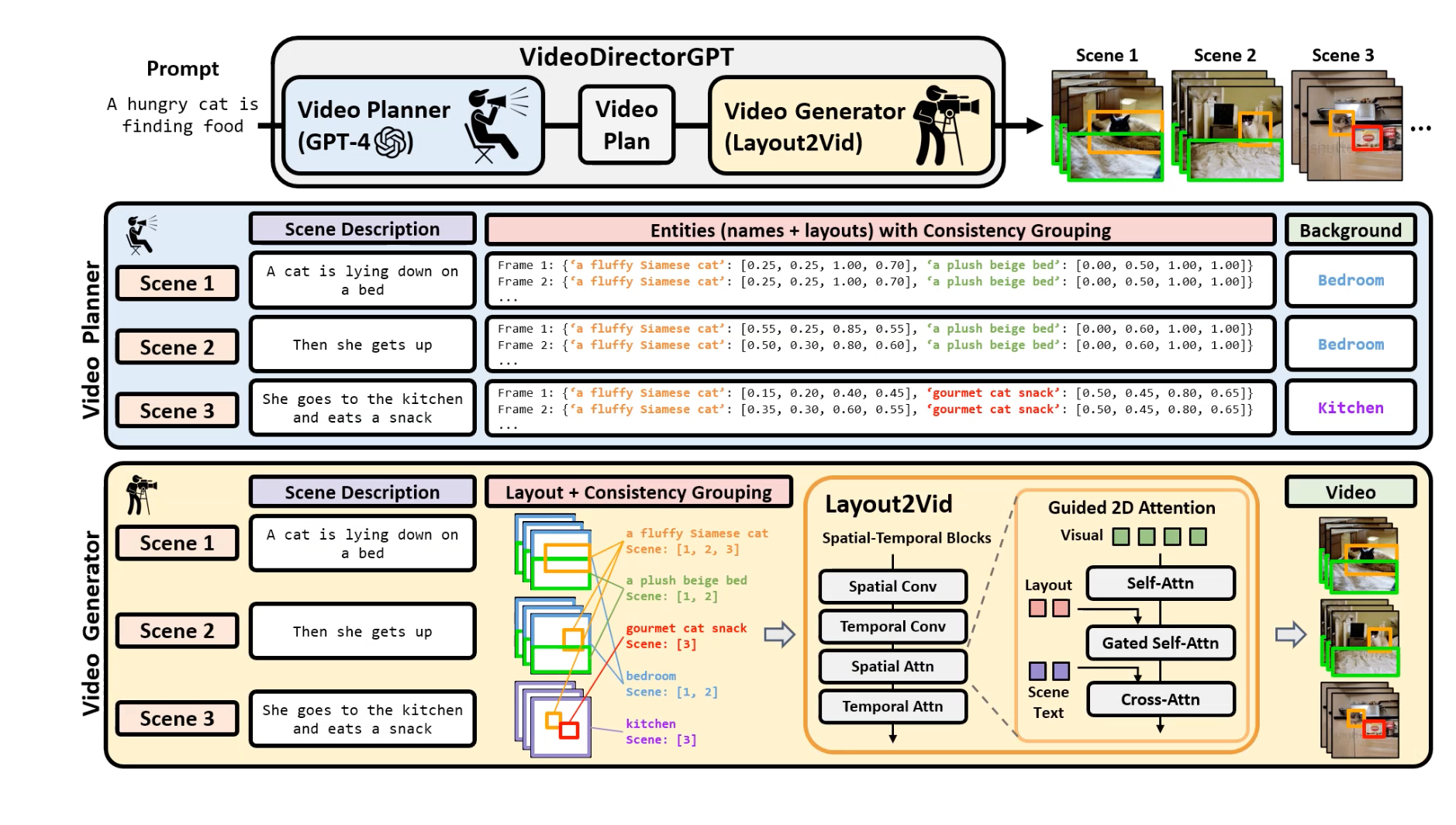
(A similar example of a multi-agent approach I explored in another article can be found here: https://notes.aimodels.fyi/training-ai-to-generate-realistic-and-coherent-multi-scene-videos-from-text-descriptions/)
Some Thoughts on Automated Game Dev and GameGPT
GameGPT is an interesting concept the potential of using multiple specialized agents to streamline game development. This approach could be more effective than relying on a single, all-purpose model. And by automating repetitive tasks, developers can focus on areas that truly require human creativity.
But to be frank, I am extremely disappointed that the paper proposes the GameGPT framework and describes its components in detail, but does not include any quantitative evaluations or experimental results to demonstrate its performance. How do we know if this idea is even any good? It's certainly not novel - using multiple agents with specialized roles has been proposed in other contexts before.
Plus, the idea of full automation in game development raises complex questions about originality and innovation. Game developers often see a unique, inventive element as crucial when planning a new game. AI currently falls short in generating such groundbreaking ideas, particularly because it struggles with conceptualizing tension and conflict, which are vital to innovation.
At this stage, I think GameGPT serves primarily as an academic exploration. I think it's broadly right in its central thrust - it offers a preview of how AI could revolutionize one of the most dynamic and challenging creative domains. The future likely holds a synergistic relationship between human creativity and AI, I just don't know how far away it is. And without a clear results section and quantifiable information, it's not totally clear if the work required to establish this sort of multi-agent setup at a game studio could be worth the investment.
Until I know more, it looks like Jim and I have to stick with traditional tools like Blender and Unity. You can commiserate with us in the game's Discord until then!
Subscribe or follow me on Twitter for more content like this!

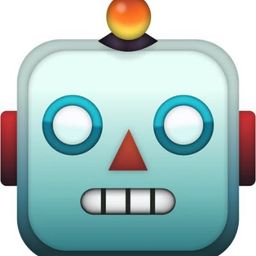

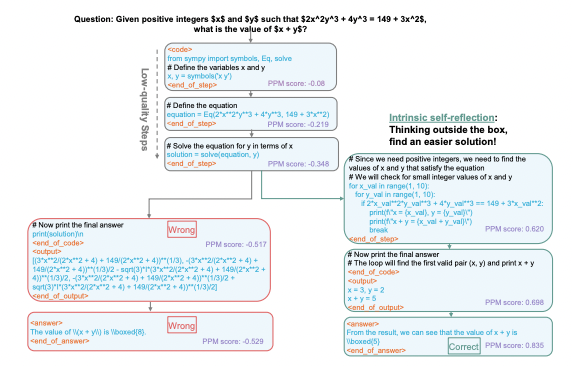
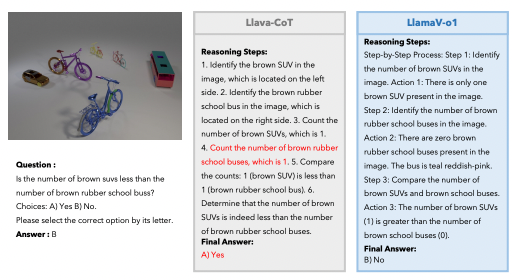
Comments ()